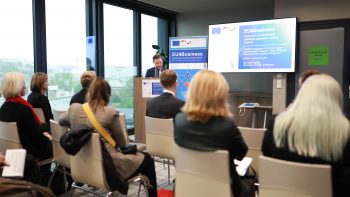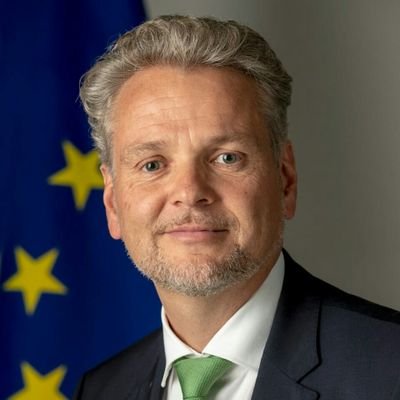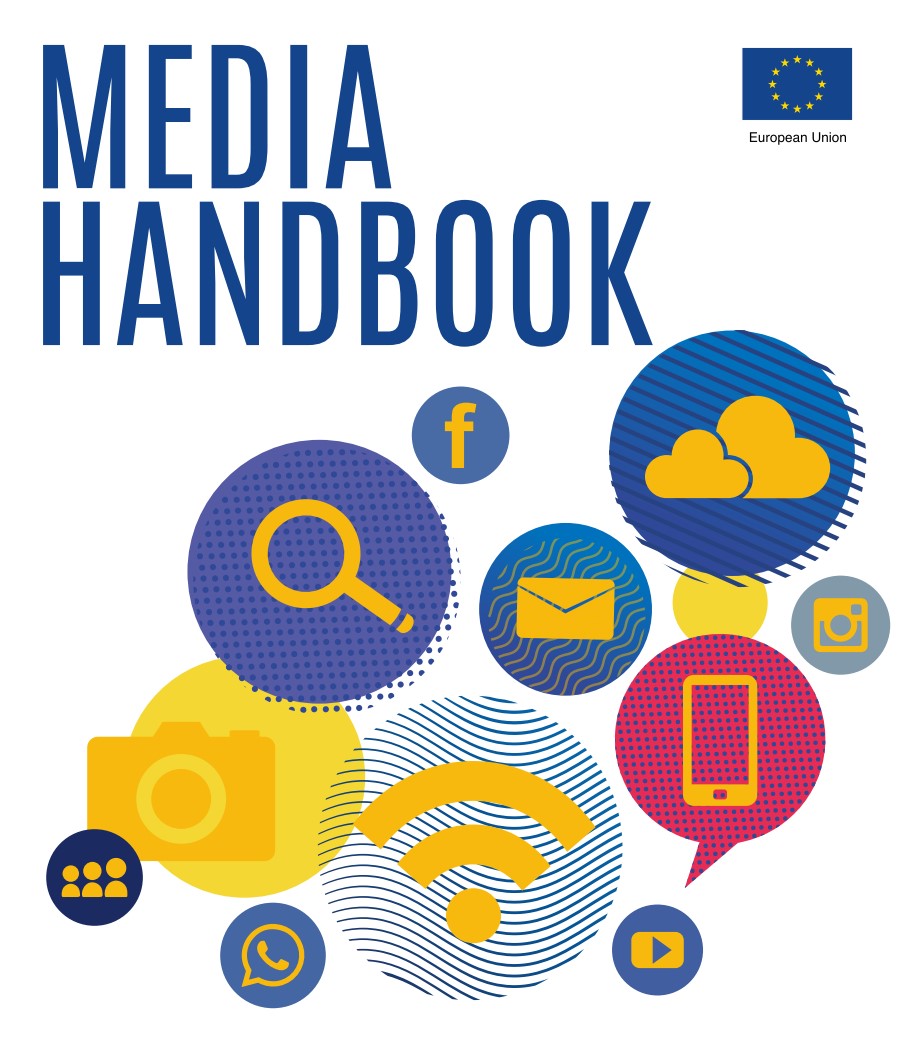Economy and Trade
Past EU assistance had no specific private sector support but rather cross-cutting sub-sectors (SMEs – small and medium enterprises), local and regional economic development, export promotion, competitive industries, like tourism, trade, intellectual property rights, metrology etc.) with the overarching framework for private sector development.
Description of sector with main components
In the field of SME policy, it is deemed that BiH needs to create a proper legislative and institutional framework for improved coordination and implementation of State-level strategy for SMEs. Also, improved business environment will be necessary to enable SMEs to operate under similar conditions countrywide.
Some improvements have been made in the field of free movement of goods (standardisation, accreditation, conformity assessment, metrology, market surveillance and consumer protection), however further efforts will be necessary to create conditions favourable to the internal market and foreign trade, in particular to strengthen the administrative capacity and closer coordination and cooperation between the relevant institutions.
In the field of intellectual property rights, further efforts are required to strengthen the administrative and enforcement capacity of the Institute for Intellectual Property, as well as to improve cooperation among law enforcement agencies and relevant stakeholders.
In fields of trade, further assistance will be needed to support capacity building and harmonisation of trade legislation with the EU acquis and WTO (World Trade Organisation) agreements, the Protocol of Accession and commitments and schedules contained therein, as well as SAA chapters and CEFTA (Central European Free Trade Agreement) requirements. Since some progress has been made in the establishment of functional market competition, it is necessary to strengthen the activities to prepare the country to withstand international competition and market forces upon accession to the European Union. The export promotion strategy at State-level is not yet adopted and the institutional capacities for export promotion are limited.
Past and ongoing assistance (EU and other donors)
Competitiveness and SME development benefit substantially from past and ongoing assistance. EU assistance supported export promotion, trade policy and capacity building, the national planning capacities, and economic and fiscal policy making. Further assistance was provided for regional and local economic development, SME policy development and introduction of quality standards, tourism development – both the institutional capacity building in strategic and legal framework, marketing and human resources and direct support via action grants (eco zones, cultural heritage trails, product development & marketing as well as human resource development), and co-financing of the Turn-Around-Management and Business-Advisory-Services (TAM/BAS) programme of the European Bank for Reconstruction and Development (EBRD) to support enterprises.
Technical assistance supported the institute for intellectual property rights, assisted in developing the competition policy and strengthening the competition council and supported the developing of the legal framework for State aid. EU assistance supported customs and taxation with substantial technical assistance and IT equipment to the ITA. Capacity building to the ITA is ongoing and with IPA 2010 a major upgrade of customs software is foreseen.
IPA allocated substantial funds to the area of free movement of goods, in particular to accreditation, metrology standardisation, market surveillance and technical regulations with capacity building assistance and supply of laboratory equipment. CARDS and IPA provided capacity building to carry out bi- and multilateral negotiations as part of the World Trade Organisation, SAA and CEFTA negotiations. Funds were also set aside to co-finance parts of the entry ticket for Bosnia and Herzegovina’s participation in the 7th Framework Programme for Research.
Other donors are several Member States such as Austria, Germany, Italy, the Netherlands, Slovenia, Spain, Sweden and United Kingdom, IFIs (International Financial Institutions) such as European Bank for Reconstruction and Development (EBRD), the European Investment Bank (EIB), World Bank, as well as other bilateral donors like Switzerland, Japan and the United States.



















